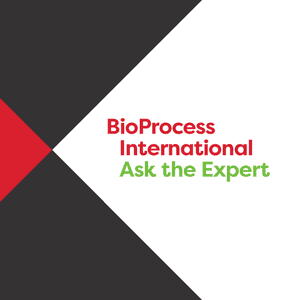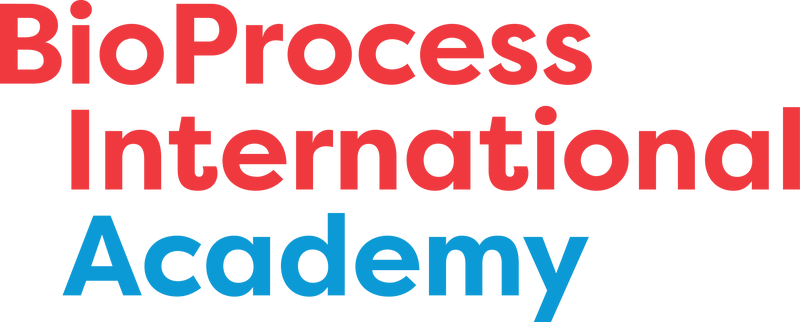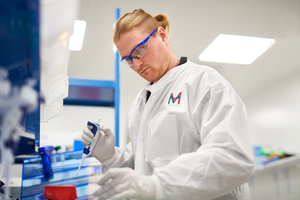Kyverna: 3-day process a ‘gamechanger’ for CAR-T
Kyverna says its vein-to-vein manufacturing process brings the average CAR-T manufacturing time down from 8-10 days and offers patients an alternative to apheresis.

California-based Kyverna Therapeutics published a paper in BioRxiv last week describing its proprietary manufacturing process, Ingenui-T, for chimeric antigen receptor (CAR) T-cell therapies. The process uses less than 300 ml of whole blood from a blood draw for the collection of T cells from patients instead of leukapheresis, a type of apheresis, which is the industry standard CAR-T starting material. CAR-Ts broke into the commercial landscape in 2017 through the approval of Novartis’ Kymriah (tisagenlecleucel) and Gilead/Kite’s Yescarta (axicabtagene ciloleucel). While these therapies offered breakthrough treatments for acute lymphoblastic leukemia and large B-cell lymphoma, respectively, manufacturing involves the taking and engineering of a patient's own cells (through apheresis) and is a lengthy process. At launch, Kymriah’s target turnaround sat at 22 days, and Yescarta’s between two and three weeks. Both firms have optimized their processes – Novartis’s seven-day process has been described as an alternative to the potential benefits of allogeneic – and a slew of new approvals have substantially brough the production time down to between eight and 10 days. Ingenui-T’s move away from apheresis, plus the three-day process has been described as “a gamechanger” by Kyverna. “It preserves the cell's future ability to activate, differentiate and act in the body instead of in the bioreactor,” a company spokesperson told us. Furthermore, “it brings down cost substantially, helping make these therapies more affordable,” though the cost reduction benefit plays second fiddle to the elimination of the need for apheresis and the improvement of the vein-to-vein experience, we were told. “For certain types of patients, reducing the wait time for receiving their treatment is critical for their future benefit. Some patients cannot wait the ~30 days it takes to receive a conventional CAR-T therapy.” Ingenui-T is used in the production of Kyverna’s lead candidate, KYV-101, in trials for Lupus nephritis. “By advancing more products in our pipeline, we are positioned to address the challenges posed by the need for paradigm-shifting solutions for patients living with autoimmune diseases,” the spokesperson said. Meanwhile, as Ingenui-T is not a specific target-recognizing product but a manufacturing platform and an improvement in the overall CAR-T treatment, it could potentially be applied to other targets and other diseases. However, Kyverna did not comment on future licensing opportunities.
About the Author(s)
You May Also Like







